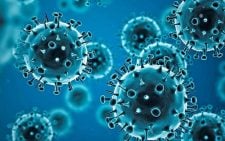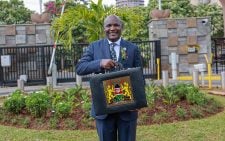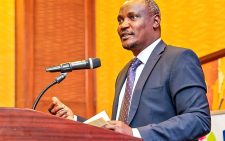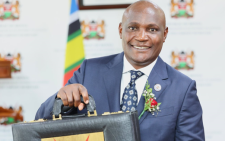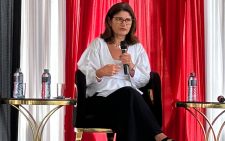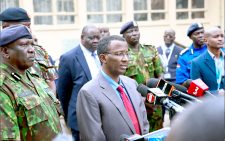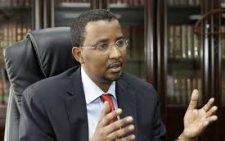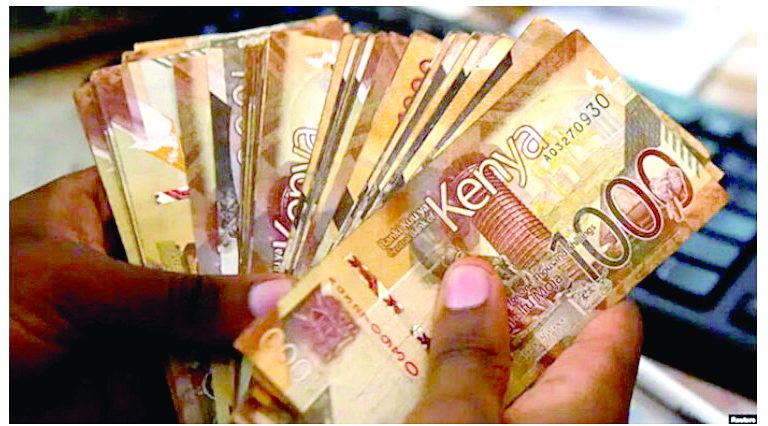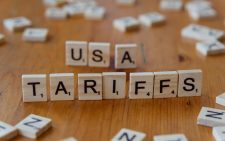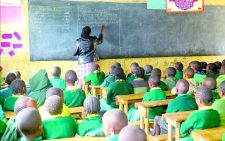FAO launches platform to help global community reduce food loss, waste
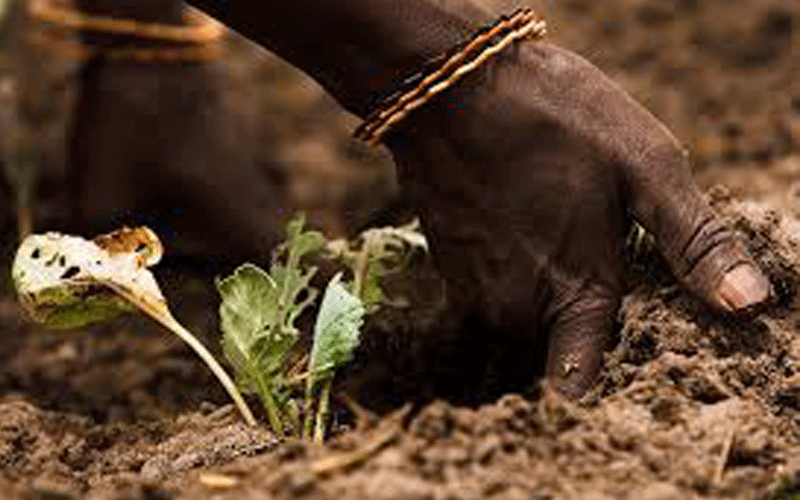
Gearing up for the inaugural International Day of Awareness of Food Loss and Waste on September 29, the Food and Agriculture Organisation of the United Nations (FAO) has unveiled a new platform to help the global community step up action to reduce food loss and waste.
The Technical Platform on the Measurement and Reduction of Food Loss and Waste brings together information on measurement, reduction, policies, alliances, actions and examples of successful models applied to reduce food loss and waste across the globe.
“Wasting food means wasting scarce natural resources, increasing climate change impacts and missing the opportunity to feed a growing population in the future,” said FAO director general Qu Dongyu at the launch of the platform.
The event provided an opportunity to raise awareness about the upcoming event, which aims to sharpen focus on the need to reduce food loss and waste, and how doing so can contribute to sustainable development.
Harness policies
The FAO chief urged the public and the private sector and individuals to promote, harness and scale-up policies, innovation and technologies to reduce food loss and waste, and ensure that the first international day will be meaningful and influential
He was joined in his call for greater efforts to reduce food loss and waste, especially at a time when Covid-19 further exposed the vulnerabilities of and need for more resilient food systems – by representatives of a range of partner organisations and FAO member states.
“Food loss and waste is a sign of food systems in distress,” said Lawrence Haddad, executive director of The Global Alliance for Improved Nutrition (GAIN), whilst pointing out that nutritious foods are the most perishable, and hence, the most vulnerable to loss.
Not only food is being lost, but also food safety and nutrition are being lost as well.
“Addressing food loss and waste with accurate information and evidence at the country level is an attempt to create a food system that delivers on planetary health and human health,” said Geeta Sethi, advisor and global lead for food systems at the World Bank, adding, “But to know what is a policy priority for a country, and therefore, investments and interventions that are needed requires good data and evidence. This platform is relevant.”

